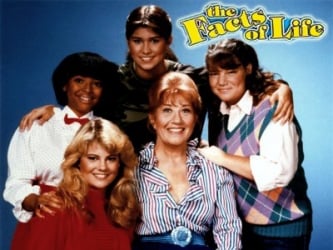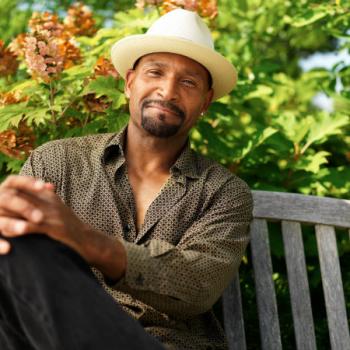A theme central to much of the work I do on my blog and with my writing clients (and to the novel I recently finished writing) is how essential it is for anyone seeking for themselves a better psychological life to properly and thoroughly analyze and assess their childhood relationship with their parents, especially if, as adults, they are perpetually or even periodically hounded by the internal supposition that there is something critically wrong or aberrant about them.
Yikers. I wasn’t sure I was going to make it out of the sentence alive.
And what I said with it was, of course, hardly an original concept. I’m pretty sure that Cain, looking at his brother Abel lying dead at his feet, said, “Okay, seriously. I have got to get a therapist.”
In Perpetually unhappy? Consider rejecting your parents, I wrote this:
And so children born to lousy parents do virtually the only thing they can do, which is to immediately, absolutely and without question convince themselves that, despite all the evidence to the contrary, their parents really are good, caring people who really do love them.
Having parents who really do love you = an outstanding chance of you surviving.
Having parents who obviously don’t love you = you probably won’t make it.
That’s not much of a choice, is it? And so most (and I would even argue all) children born into critically dysfunctional homes “decide” that, come hell or high water, their parents really do love them. They cling to that conviction, despite all the information they’re getting to the contrary. In the choice between what is true and what for them really, really needs to be true, they inevitably choose the latter. They have to. Their survival depends upon it.
And so children born into unhappy families begin to build their lives upon a lie.
And as surely as one day follows the next, children who are forced to build their lives upon a truth they can’t possibly face turn into adults whose lives are built upon a truth they can’t possibly face. And so as adults people who had unhappy childhoods continue their life-long suffering: they’re angry; they’re forever imagining themselves victims; they’re easily upset; their relationships don’t work.
So. There’s that … awful fact about life.
Wouldn’t it have been so awesome if the song to The Facts of Life went:
You take the good, you take the bad!
You take them both and there you have
The facts of life!The facts of life!
Your parents screwed you.
It’s so weird that Hollywood still hasn’t called to offer me a huge writing contract, isn’t it? Oh, well. I can only suppose they don’t have the Internet.
Anyway, listen: If you had terrible parents, you may by now have done the hard and harrowing work of coming to and accepting the realization that you were born to people no more suited to parenting than a werewolf is to hula-dancing.
You may have done that work (and congratulations if you have; very few do), and yet, in your everyday life, still find yourself unable to shake from your heels the gnawing hounds of self-doubt and self-loathing; you may find that, despite your myriad eye-opening and even paradigm-shifting insights about your parents, you still, much more often than you would like, suddenly feel like a helpless pinball being being smacked around under smudgy glass of some garishly lit, clinging, clanging game titled, “No Escape!” or “Goin’ Nuts!” or “Loser, Loser, Loser!”
If that’s you, then this is for you.
Except I see that this blog post is already way too long for me to say within it what I intended to.
I knew I shouldn’t have done that Facts of Life joke!
So let me do this right, and continue what I’ve started here on my next post.
But the gist of what I want to communicate is this: Once you have separated yourself psychologically from your parents, you are then (and only then) in the position to do what you must do next.
And that is to give yourself permission to start, piece by ever-lovin’ piece, dismantling everything that your parents made you believe about yourself that is wrong, unnatural, unhealthy, unhelpful, manifestly untrue, and just plain fucked-up.
It’s one thing–one beautiful, wonderful, necessary thing–to know that you no longer trust most all of what your parents taught you about yourself.
It’s another thing to substitute for those toxic teachings—to discover for yourself, to find for yourself, to teach yourself!—who, in fact, you are.
And who you really are is someone … well, for one, whom your parents didn’t want being self-aware enough to call them on their bullshit.
Anyway, more on this next time. And no more TV theme song jokes, I promise.
This post was originally published on 9/28/15 on JohnShore.com, where I now first publish my articles. To sign up for my newsletter, please go here.















